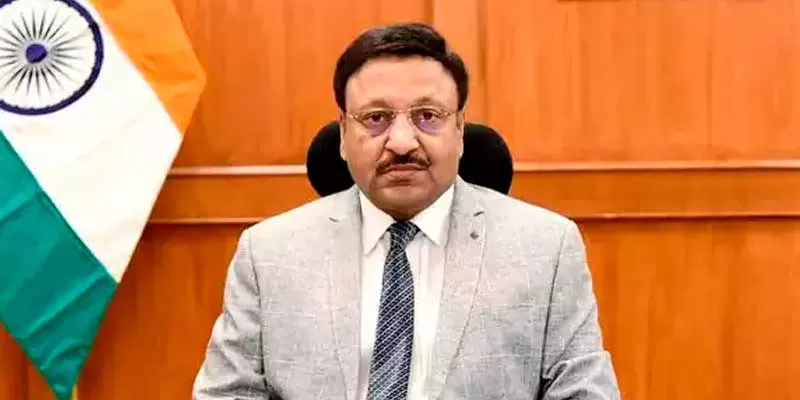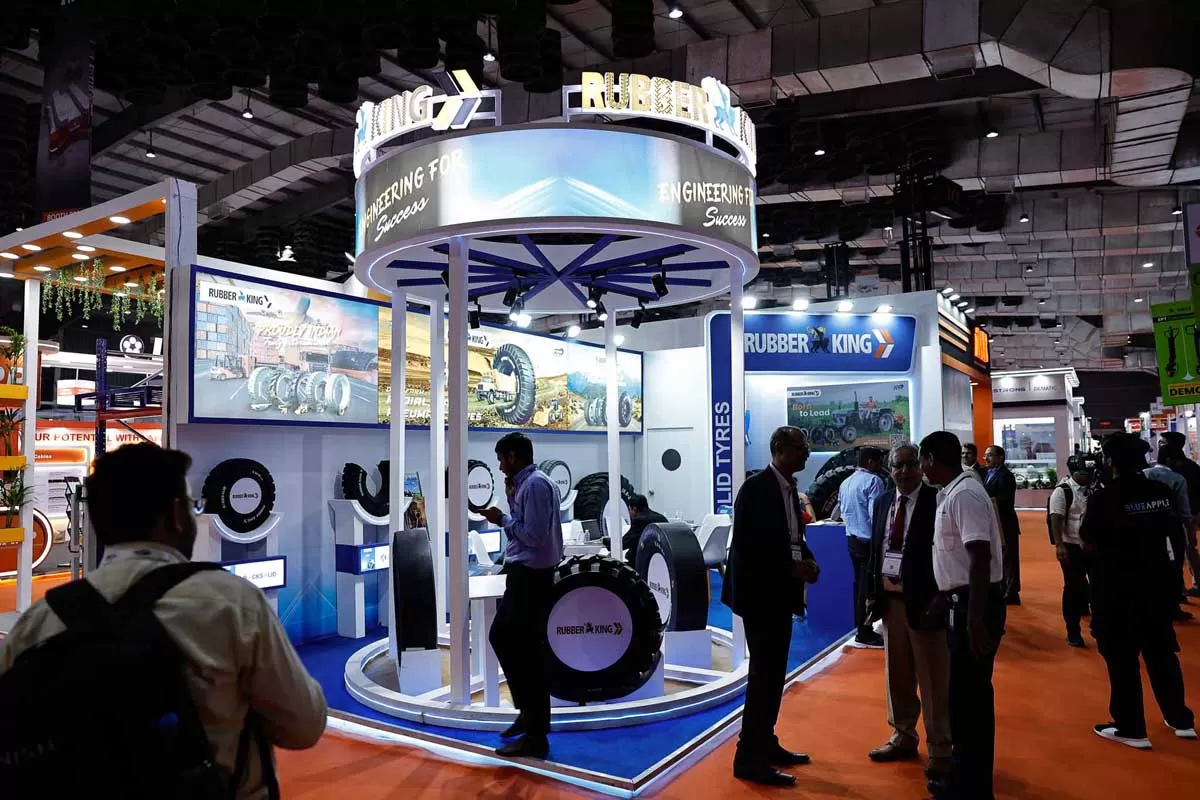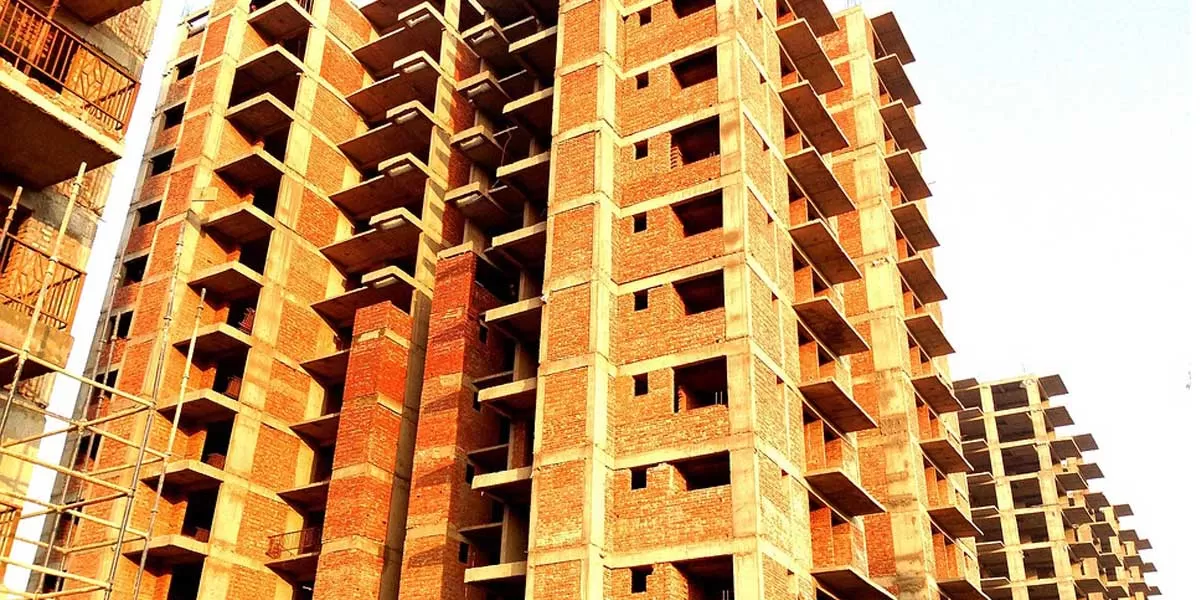
25th CEC of India Shri Rajiv Kumar Steps Down from Election Commission

LogiMAT India 2025 showcases 200+ Cutting-Edge Innovations
LogiMAT India 2025, showcased an impressive array of over 200 innovative products and cutting-edge technologies, set to transform India's thriving logistics sector. Groundbreaking solutions were unveiled at the event by industry pioneers such as Addverb, SICK India, Godrej Körber, Craftsman Automation, Godrej & Boyce, Tata Motors, Anscer Robotics, Armstrong Dematic, KION Group, Nilkamal Ltd., Ferag, Rubber King, Fronius, and many more. The show also spotlighted trailblazing innovations at the Startup Pavilion which was co-curated in partnership with Startup India. LogiMAT India 2025 provide..

Globeop Leases 63,000 Sq Ft in Mumbai
Globeop Financial Services India Private Limited has leased 62,976 sq ft of office space at Nirlon Knowledge Park, Goregaon East, at a monthly rent exceeding Rs 1.05 million for five years. JLL India acted as the transaction advisor for the deal. Lease Details & Rental Terms The financial services firm, a part of SS&C GlobeOp, has taken up the 13th and 14th floors of the building. The lease agreement, signed with Nirlon Ltd, includes a total chargeable area of 62,975.78 sq ft and 63 dedicated parking spaces. The rental structure is set to increase annually: Year 1: Rs 167 per sq ft/month Year..

Govt Mandates Highway Maintenance by Contractors
The Union government has introduced stricter guidelines for national highway construction, making contractors responsible for road maintenance for up to five years after project completion. The Ministry of Road Transport and Highways has mandated an audit six months post-construction to ensure compliance. Under the updated Defects Liability Period (DLP), contractors must promptly address any repair issues before their obligations expire. These changes follow complaints of negligence in several states and recommendations from NGOs advocating for better highway upkeep. Prime Minister Narendra Mo..














